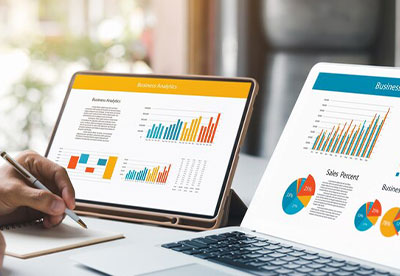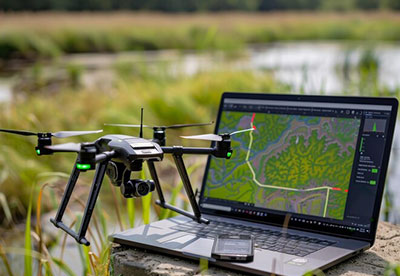As the world is moving towards digital transformation, humans are relying heavily on mobile phones and technologies to ease their day-to-day work.
Along with the great benefits of digitalization, there are often threats that need to be considered. Nowadays, websites are more prone to malware attacks and data show that in 2022, the worldwide statistics of malware attacks reached 5.5 billion, a rise of two percent compared to the previous year.
The rise in cyber threats has led to an increase in the cybersecurity market. Cyberattacks can range from malware-based attacks, password attacks, phishing, and spoofing to injecting malicious code and there is a never-ending list. As per Statista, the global cybersecurity market size is forecast to grow to 538.3 billion U.S. dollars by 2030.
How does Cyber threat can be tackled?
Organizations are willing to adopt a forward-looking approach to safeguard their core operations. One of the many ways to tackle and put security on apps is the adoption of AI and machine learning algorithms. AI acts as a cyber defense and identifies threats and anomalies through predictive analytics. It analyses how systems and networks operate and detects if there is any deviation from regular patterns.
It is just one of the many ways for app security, but what should be done to mitigate cyberattacks other than the adoption of AI?
Want to know the best practices to adopt for application security? Let’s deep-dive into it-
Consistent Code Review
Open sources are considered to be more prone to cyberattacks due to uneven standards followed and poorly written codes allowing attackers to conduct malicious activities. To prevent this, it is important to conduct code reviews and use static analysis tools to identify security vulnerabilities in code before the code is finally released.
Integrating Robust Authentication
Allowing restricted access by adopting RBAC (Role-Based Access Control) allows the implementation of role-based security. It means that users can access only information that is restricted to their role in the organizations. Furthermore, adding an extra layer of protection through Multi-Factor Authentication (MFA), ensures that the user submits multiple information before accessing the application.
Harness Data Encryption
To secure applications, it’s an important step to secure data both at rest and in transit. It ensures that data is inherently protected. This makes sure that data remains protected, whether it is transported to a third party or stored on a disk, on a database, or on a file. Additionally, it is always better to stay informed regarding the latest encryption requirements and regularly update encryption mechanisms to the latest standards.
Implementing DevSecOps
DevSecOps or development, security, and operations involve integrating security at the software development lifecycle (SDLC) phase, instead of integrating at the testing phase. At the app development stage, the team finalizes certain must-haves for the app, it is advised that at that stage only while checking the functionality and basic app requirements, security measures should be taken care of.
Encrypt Mobile Communications
Companies should always ensure that the communication within the device and app servers is secure and encrypted as there are always chances of certain attacks, such as man-in-the-middle (MITM) attacks in which the attackers alter the communication better the required parties, who are not aware that the attacker has interposed between them and now the entire conversation is controlled by the attacker. To prevent hackers from decoding communication, companies can leverage session-based key exchanges.
Wrapping Up
App and data security holds paramount significance for any business to keep its operations secure and maintain customer trust. There could be other enormous practices, but above mentioned are the top five practices that businesses can adopt to prevent app security breaches. By adhering to these tips, developers can take proactive measures to boost app security.
We at Canopus Infosystems with our expertise, will offer exceptional enterprise application development services by adopting the best app security guidelines and practices.
3 mins read


















